Neil Gaiman’s 2012 Commencement speech at the University of the Arts is priceless. He tells the story of a freelancer making his way in the world, working out what’s right and wrong, following the wind and a hunch and opportunity and making up the rules that contradict what all the others are telling him.
I’ve copied my favourite quotes and lines from the lecture below the video, a collection of timeless wisdom from the world of doing life, your way.
My favourite lines from the speech
When you start out on a career in the arts you don’t know what you’re doing
If you don’t know it’s impossible it’s easier to do. And because nobody has done it before they haven’t yet made up rules to stop it being done again
If you have an idea of what you want to do and want you want to make then just go and do that. That’s much harder than it sounds and also sometimes much easier than you can imagine.
You have to balance your goals and hopes with feeding yourself, finding work, getting where you want to go
Decide on the mountain you want to walk towards and keep walking towards it. Take work that moves you towards your mountain.
I learned to write by writing.
If you do what you love then even if you don’t have the money at least you have the work. If you do it for the money and the money doesn’t come you won’t have anything. Every now and then I forget that rule and every time the universe kicks me hard and reminds me.
Anything I did just for the money was rewarded by nothing but bitter experience.
The things I did because I was existed and wanted to see in reality have never let me down.
The problems with failure are hard. The problems of success can be harder. The first problem of any kind of even limited success is the unshakable conviction that you’re getting away with something, and that at some point someone will discover you. Imposter syndrome.
At some point, you have to stop saying yes to everything because not the bottles you threw in the ocean are all coming back. And you have to learnt os ay no.
I watched my peers and my friends and the ones who were older than me and I’d watch how miserable how some of them were, telling me how they couldn’t envisage a world where they did what they always wanted to do, anymore, because now they had to earn. Certain amount every month to keep where they were. They couldn’t do the things that mattered or that they’d always wanted to do and that, seemed as big a tragedy as any problem of failure.
The biggest problem of success is that the world conspires to stop you doing the thing that you do because you’re successful.
When things get tough, this is what you should do. Make good art. Eventually time will take the sting away. Make it on the bad days, make it on the good days too.
The urge starting out is to copy, and that’s not a bad thing. Most of us only find our own voices after we’ve sounded like a lot of other people. The one thing that we have that nobody else have, is you. Your story, your vision.
The things I’d done that worked the best were the things I was the most uncertain about. People look back and explain how they were inevitable successes, and I had no idea.
It’s not lying if you say you’ve done something and then seek to ensure that your future makes good on what was once a lie. It’s chronologically challenged.
You get work however you get work, but people keep working because their work is good and they deliver on time. People will tolerate how unpleasant you are if your work is good and you deliver on time.
This is really great, you should enjoy it. The best advice I ever got that I ignored.
Stop, look around and say “this is really fun.”
The harder you work and the more wisely you work, the luckier you’ll get. But there is luck, and it helps.






